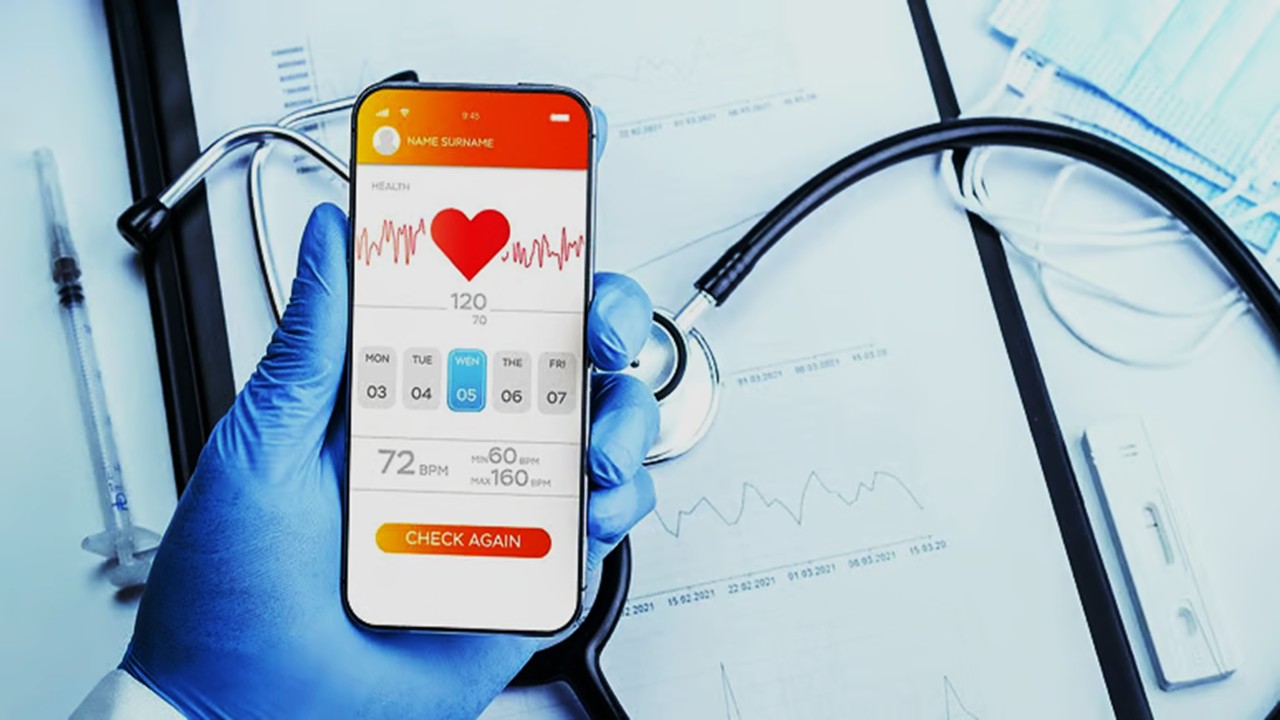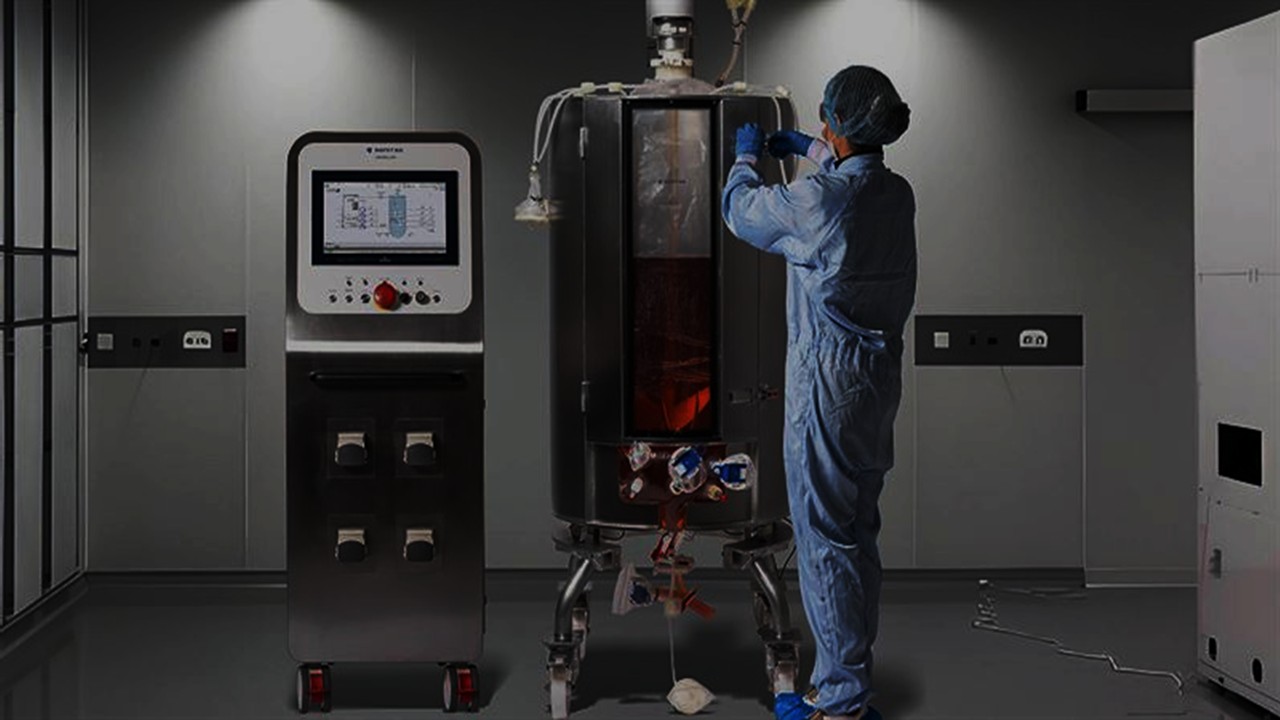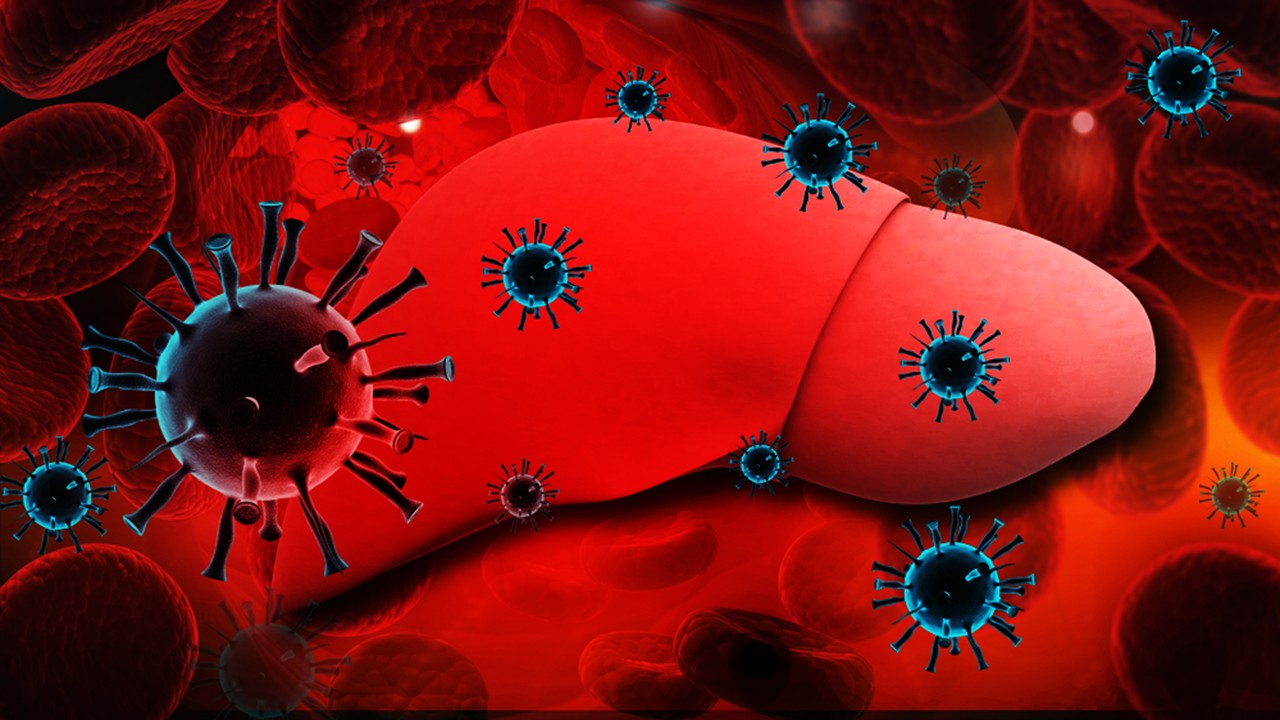Novo Nordisk, a leading pharmaceutical company, has recently launched a digital science and innovation group to enhance its clinical research activities. Unlike traditional approaches, this group is integrated within the research organization itself, indicating a long-term commitment rather than a temporary initiative. Adama Ibrahim, the Vice President of Digital Strategy and Change Management, highlights that the group caters to a diverse range of research and early development projects, encompassing areas such as diabetes, obesity, cardiovascular health, kidney diseases, and sickle cell disease.
The Vision of Modernizing Early Research
The primary objective of Novo Nordisk’s digital science and innovation group is to modernize early research processes by effectively utilizing human and machine capabilities. Preliminary achievements have shown promising results, including improved speed, reduced costs, and an enhanced patient experience. Ibrahim expresses optimism that Novo Nordisk’s digitalization approach will inspire other companies to embrace technology confidently, propelling the entire industry forward.
Harnessing Digital Research Technologies
Within Novo Nordisk, a dedicated internal group of over 200 experts from various disease, science, technology, and business domains is optimizing digital research technologies, encompassing both hardware and software. Over time, this number is expected to grow substantially. Additionally, external partners will be engaged to supplement the expertise of the in-house team, particularly in specialized areas. To meet the unique requirements of these roles, talent is being sought not only from the pharmaceutical industry but also from the IT sector, startup ecosystem, and even the gaming industry.
Combining Scientific and Technical Skills
One of the group’s goals is to merge scientific and technical proficiencies into a single role profile. While this presents an ideal scenario, Ibrahim acknowledges that uptraining new hires to bridge any skill gaps is a more practical approach. However, identifying suitable candidates poses a significant challenge due to intense competition and geographic limitations.
Change Management: Navigating the Transition
Managing a large group working towards a shared goal is never without its challenges, and Novo Nordisk’s digital science and innovation group is no exception. Ibrahim emphasizes that change management is a key focus since successful implementation of digitalization practices necessitates the adoption of new processes and roles. The group actively engages in drug discovery projects across the value chain, collaborating closely with the internal IT organization to leverage advanced technology platforms and tools. Automation engineers, bioinformaticians, computational biologists, data engineers, machine learning scientists, and scientific software developers are among the sought-after talents.
Mapping Individual Benefits
For sustainable operation, Novo Nordisk recognizes the importance of demonstrating the individual-level benefits derived from the pioneering changes implemented throughout the organization. The objective is to shift the perception of change from an additional burden to a necessary component for individual success. Ibrahim draws parallels with the sentiment surrounding robotics and advanced laboratory technologies, emphasizing how innovation can eliminate extensive data-collection efforts and deliver unprecedented accuracy. By freeing scientists from manual processes, the speed and quality of experimentation can be enhanced, leading to a wealth of data and insights for the development of new targets.
Collaboration between Digital Experts and Scientists
At Novo Nordisk, digital technology experts and scientists work side by side, facilitating the seamless integration of solutions where they are most relevant. Strategic imperatives drive the prioritization of specific solutions, taking into account the digital maturity level of the technologies involved. While partnering with external innovators and academia is considered, Novo Nordisk ultimately aims to apply proven methodologies and technologies to maximize efficiency and effectiveness.
Contributing to the Clinical Trials Ecosystem
In her role as an advisor for ClinEco, a global clinical trials ecosystem and marketplace, Ibrahim actively encourages external partnership teams to register and showcase their capabilities. By fostering collaboration and visibility within the life science industry, Novo Nordisk aims to enhance the discovery and development of superior drugs. Ibrahim notes the historical tendency for life science companies to initiate digital initiatives that eventually stall or diminish in scale. However, Novo Nordisk’s approach stands apart, as they have consolidated extensive learnings and established a living organization within the research team, ensuring lasting value not only for research but also for downstream departments and functions.
Onwards a More Digital Future
Novo Nordisk’s digital science and innovation group represents a significant step forward in digitalizing clinical research activities. By embedding the group within the research organization and leveraging the expertise of internal and external talents, Novo Nordisk aims to modernize early research, enhance the patient experience, and drive drug discovery with unprecedented speed and efficiency. With a commitment to change management and a comprehensive view of technology and data, Novo Nordisk is poised to transform the landscape of pharmaceutical research.
About Novo Nordisk
Novo Nordisk is a leading global healthcare company, founded in 1923 and headquartered in Denmark. Novo Nordisk’s purpose is to drive change to defeat diabetes and other serious chronic diseases such as obesity and rare blood and endocrine disorders. The company does so by pioneering scientific breakthroughs, expanding access to our medicines, and working to prevent and ultimately cure disease. Novo Nordisk employs about 54,400 people in 80 countries and markets its products in around 170 countries.
For more information visit novonordisk.com.
Subscribe
to get our
LATEST NEWS
Related Posts

Clinical Operations
Learning to Predict: How Machine Learning Is Reshaping the Future of Clinical Trials
The integration of machine learning into clinical trials is not merely a technical upgrade—it represents a foundational shift in how biomedical knowledge is generated.

Clinical Operations
Digital Dialogues: The Science of Mobile Apps in Research Communication and Data Capture
The smartphone, once considered a distraction, has become perhaps the most sophisticated instrument in the researcher’s toolkit.
Read More Articles
Mini Organs, Major Breakthroughs: How Chemical Innovation and Organoids Are Transforming Drug Discovery
By merging chemical innovation with liver organoids and microfluidics, researchers are transforming drug discovery into a biologically precise, patient-informed, and toxicity-aware process.
Tetravalent Vaccines: The Power of Multivalent E Dimers on Liposomes to Eliminate Immune Interference in Dengue
For the first time, a dengue vaccine candidate has demonstrated the elusive trifecta of broad coverage, balanced immunity, and minimal enhancement risk,













